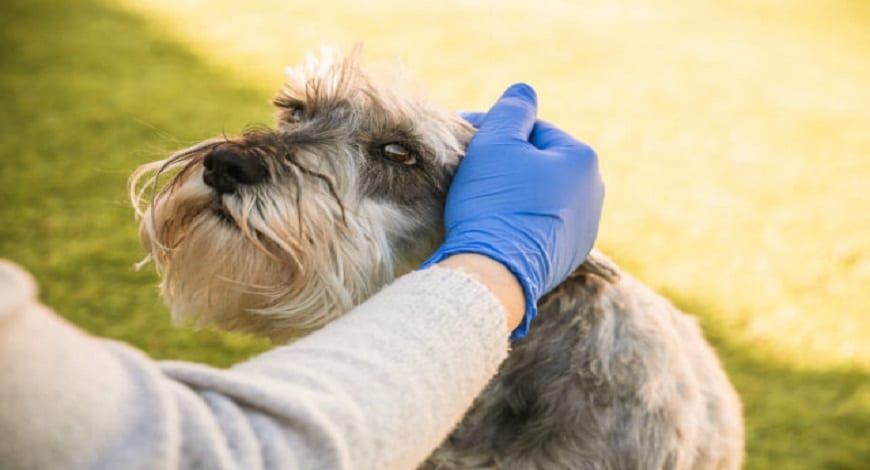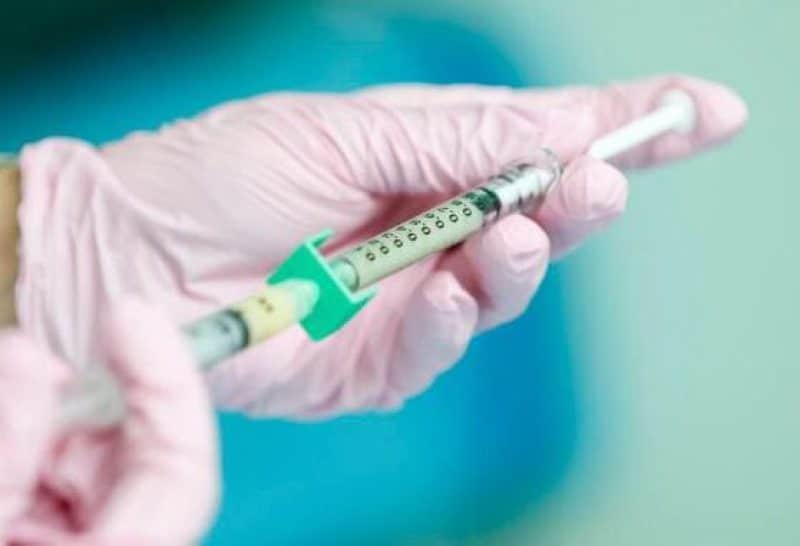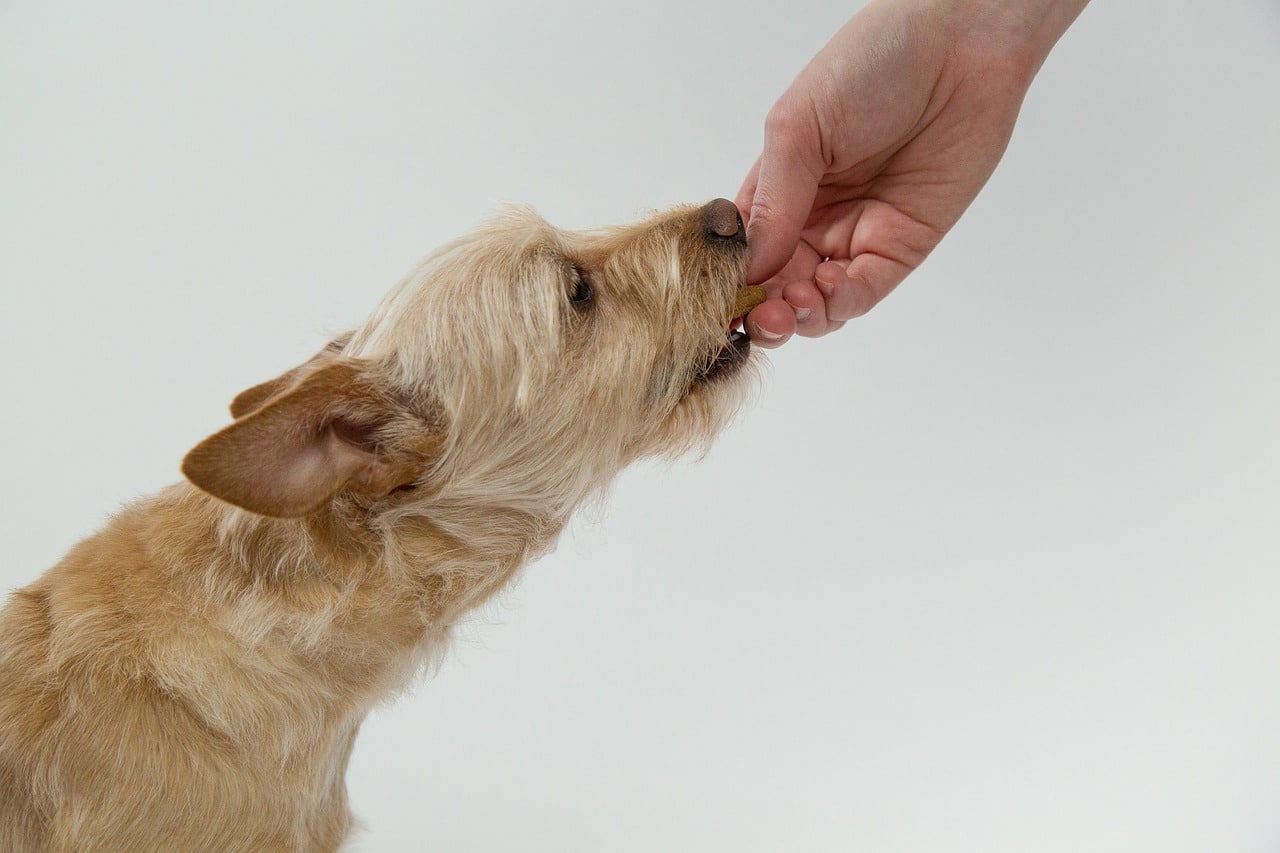Adding a dog to a family is a wonderful decision. Regardless of whether you are an experienced pet owner or a first-time adopter, it is critical to prioritize your dog’s wellness and happiness. The following are some tips for dog owners in need of direction.
Adult pets should have a comprehensive wellness exam by a veterinarian at least once a year. Puppies require veterinary care every three to four weeks until they reach the age of four months. Veterinarians recommend that geriatric dogs (those over the age of 7 to 8 years) be seen twice a year, if not more frequently because illness is more widespread and can be recognized earlier in older pets.

Signs of Illness
Given that you are the only one who is familiar with your dog, you should keep a watchful eye out for subtle signs of illness that another person, or even a veterinarian, might miss. Loss of appetite and decreased activity are common symptoms of disease in general. Other more specific symptoms include vomiting and diarrhea, increased (or decreased) urine frequency, coughing and sneezing, and discharge from the eyes, ears, or nose.
Additionally, diseases might express themselves as hair loss or itchy patches on the skin or around the ears, among other things. A common symptom of musculoskeletal system issues is stiffness or lameness. For example, an inability to bear weight on a leg. Consult your veterinarian if your dog exhibits any of these symptoms for more than a couple of days.
Routine Checkup Is Crucial for Dogs
Routine Vaccination

Regular vaccinations are an important part of preventive care for dogs. Vaccines are used to improve the immune system’s defenses against disease. Dogs are regularly given immunizations to prevent them from extremely contagious infections (for example, distemper, parvovirus, and rabies). Others (noncore) are vital in certain places and situations (for example, Bordetella, Lyme disease). To determine which vaccinations are required, your veterinarian will ask you questions about your lifestyle.
Historically, annual booster immunizations were given to provide continuous protection. The necessity of yearly revaccination has been questioned recently. Booster vaccines are only required every few years after the first year of life, according to some statistics. Regardless, of the feud that rages on with the latest information, your veterinarian can advise you on the best immunization protocol for your pet.
Feeding

Puppies between the ages of eight and twelve weeks require four meals daily for their lives. Puppies between the ages of three and six months should be fed three times per day. Puppies should be fed twice a day between six months and one year.
When your dog reaches the age of one, he will often require only one meal each day, according to his breed. Some dogs, particularly large breeds or those who are prone to bloat, respond better to two smaller meals rather than one large meal.
Dietary supplements such as water, broth, or canned food are recommended for adult dogs to maintain a healthy weight.
Clean, fresh water should be readily available at all times, and food and water dishes should be washed on a regular basis.
Exercise

Dogs need to be physically active in order to burn calories, keep their minds engaged, and preserve their health. Individual exercise requirements vary depending on the breed or breed combination, gender, age, and the state of one’s health.
Furthermore, exercise keeps dogs from becoming bored, which can lead to destructive behavior. Fun and games will satisfy many of your pet’s basic urges to dig, herd, chew, retrieve, and pursue if they are provided with adequate supervision.
Grooming

Brushing your dog on a regular basis will help keep him clean and minimize shedding. Keep an eye out for fleas and ticks on a regular basis during the warmer months. The vast majority of dogs do not require bathing more than a couple of times per year.
Comb or clip out any mats that have formed on the coat prior to bathing. Rinse the coat thoroughly to eliminate any soap residue; otherwise, dirt will adhere to the soap residue and adhere to the coat.
Housing
The housing should be draft-free and elevated off the ground to give a nice, calm resting spot for your pet. A training box or dog bed filled with a new blanket or pillow is an excellent option. Regularly wash the dog’s bedding.
If your dog will be spending a lot of time outdoors, ensure she has plenty of shade and cool water in hot weather, as well as a warm, dry, covered shelter in cold weather.
Fleas and Ticks
Fleas and ticks aren’t just annoying; they can hurt your pet. These tiny parasites bring diseases that can harm your pet’s health. Typhoid, Ehrlichia, and Lyme disease are all spread by ticks. Fleas can give your healthy pets tapeworms! Fleas can cause severe anemia, dermatitis, and skin allergies due to their blood-sucking diet.
Bartonella is the germ that causes Cat Scratch Fever. All pets must be on flea and tick control that is appropriate for their area. Indoor pets in many areas of the US require year-round flea and tick prevention.
Parasite Prevention and Control
The primary intestinal parasites of dogs include roundworms, hookworms, whipworms, and tapeworms. These worms cause stomach problems. Intestinal parasites identified in feces samples include worm eggs (or other parasites). Annual feces testing is recommended for all dogs, although pups should be tested more frequently.
Hookworm infections cause stomach pain and inflammation in immunocompromised people.
Humans can get roundworm larvae. Infectious roundworm eggs can infect sensitive tissues. This migration is typical in children and those with immune system issues. Cleaning excrement in your yard can nearly completely eliminate exposure to roundworm eggs.
Infectious heartworm is spread by mosquito bites. Those worms live in the major blood veins of the lung, causing inflammation and death. Because heartworm is harmful to health and can be fatal, prevention is critical.
Spaying and Neutering
Female dogs should be spayed and male dogs neutered by the time they reach six months of age.
Frequently Asked Questions:
How often should I have my dog dewormed?
At a bare minimum, once every three months. If your pet has an active lifestyle, more frequent worming may be necessary; if you are worried, you should discuss this with your veterinarian.


